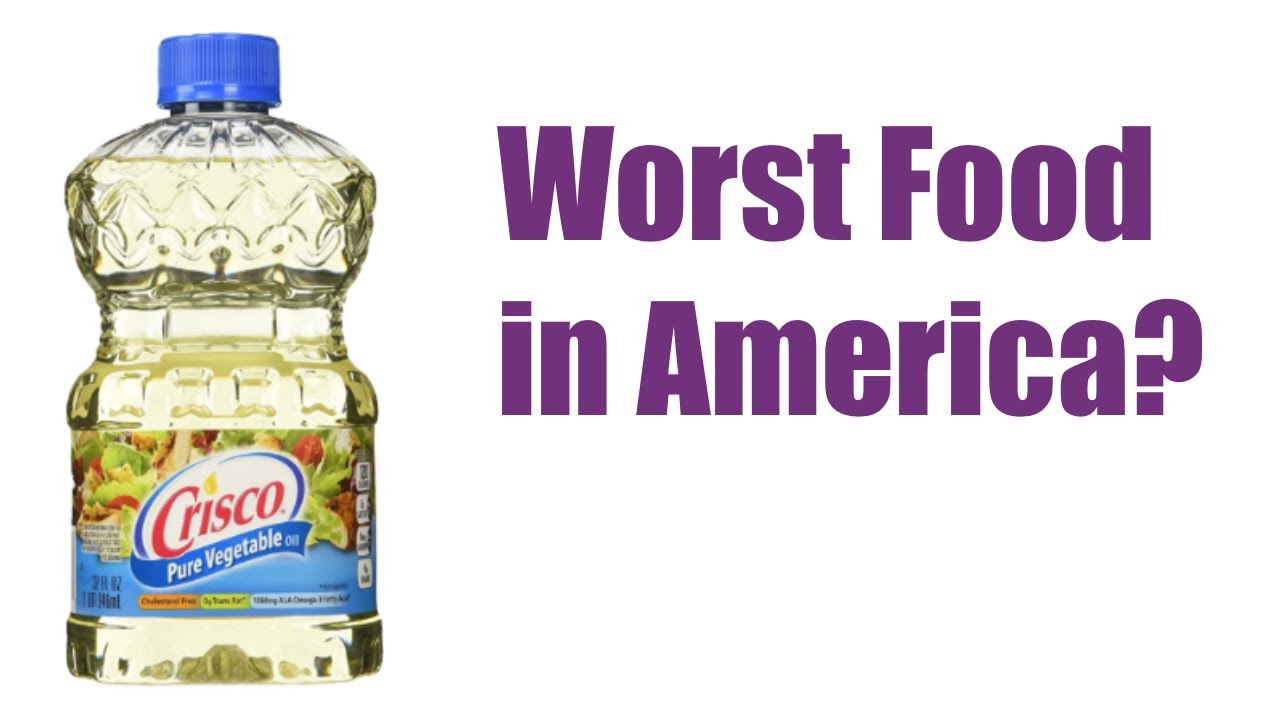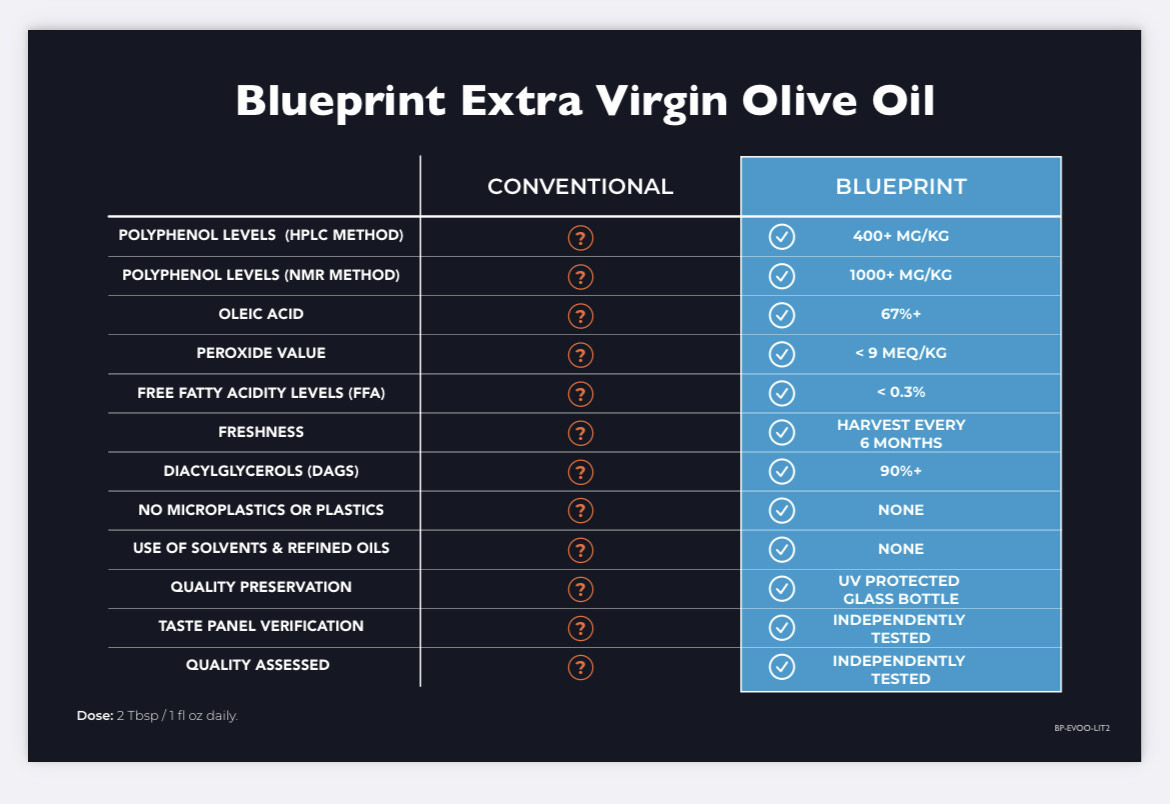This is Post #1 in my project to practice posting.
Links
ET Ideas referenced:
I can’t find where ET posted about it but I remember a mention of olive oil corruption, a mafia controlling olive oil quality, and how hard it can be to find high quality olive oil.
Other ideas referenced:
Bryan Johnson’s Blueprint on Olive Oil
Fats that Heal Fats that Kill: The Complete Guide to Fats, Oils, Cholesterol and Human Health by Udo Erasmus.
Thoughts:
I got to have a conversation with Udo Erasmus and he had some interesting stories and knowledge to share. He got pesticide poisoning in the 80s and had to do a bunch of research to figure out how to help himself heal from it. He has an insatiable sense of curiosity, so he ended up coming across a lot of the conflicting research on Omega fatty acids and vegetable oils. Some studies showed health benefits, while others showed links to cancer and heart disease. He ended up discovering that the way the vegetable oils were being processed and used played a large role in their effect.
Vegetable oils can be healthy if they are processed without heat, light, and oxygen, and also stored in a way that’s safe from those things. He recommended refrigerating oils and not cooking with them, instead eating them raw with food. Like ET mentioned in his podcast episode, the ratio of omega acids also matters a lot, and Udo ended up combining flaxseed and sunflower seed oil to form the right ratio. ET mentioned that flaxseed oil is only 3-10% as absorbable as fish oil sources for the same omega 6, so I need to look into that some more.
Bryan Johnson’s Blueprint is also an interesting project to look at to learn more about health. He spent about $2M to fund a team to measure the health of his organs, implement various health protocols, and keep measuring to eventually come up with a protocol that works for him. They had trouble finding high quality olive oil, so he ended up sourcing his own. He also only boils or steams his food, so that preserves more nutrients than more destructive methods like frying. One thing I don’t like about his approach is that it’s purely vegan (with a small exception for collagen supplements), so it might not be tapping into every available resource to optimize health.
My final thought is also about this divide between two views in nutrition: One that vegetables are crucial important for health, and another that plants evolved to kill us and vegetables are harmful, while meat provides everything we need nutritionally. Anecdotally, it seems like a lot of people have remarkable health results when switching to a carnivore diet, but I’m hoping we get more rigorous research data moving forward. It seems understudied so far. I’ll need to learn more to figure out which approach to apply for myself ultimately.

